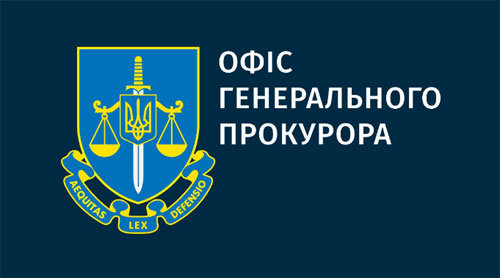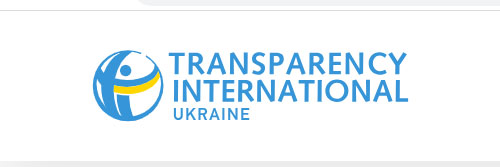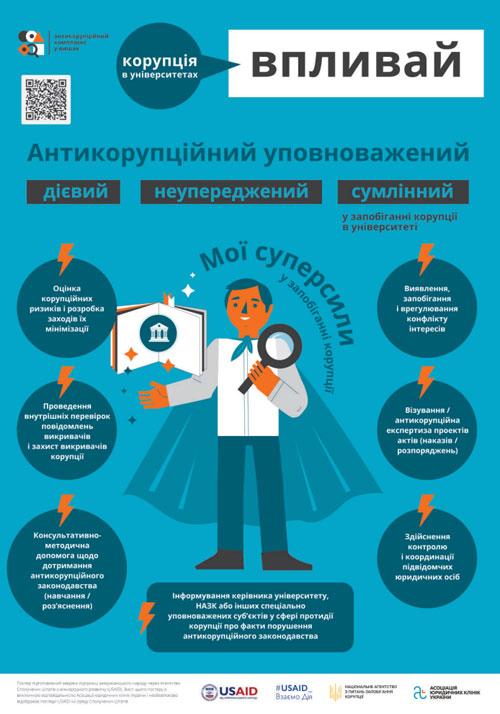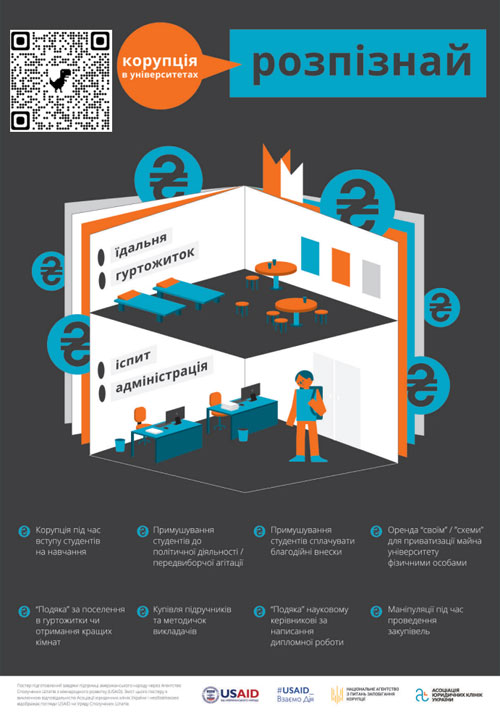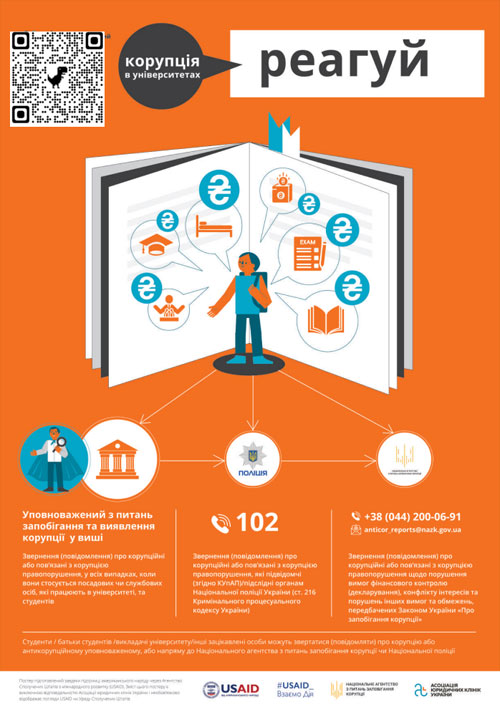On June 13, 2024, the Ministry of Education and Science of Ukraine issued Order No. 842 “On Amendments to Certain Education Standards”, which amended the standards of the first (bachelor's) level of higher education. The section “List of graduate competencies” was supplemented with a paragraph stating that a graduate must have “the ability to make decisions and act in compliance with the principle of inadmissibility of corruption and any other manifestations of dishonesty”.
This step towards ensuring that the younger generation's rejection of corruption is shaped by the requirements for higher education standards is a huge step from the “post-Soviet” standard of education to a new, progressive and modern one.
It is indeed timely, because even the experience of teaching anti-corruption discipline at Igor Sikorsky Kyiv Polytechnic Institute has shown that the vast majority of the university's student community does not fully understand what corruption and dishonesty are, and what harmful consequences corruption has not only for some fictional persons, but for each of us.
To successfully implement the changes envisaged by the order, a set of measures should be taken at the level of higher education institutions and education authorities. These measures include:
- development and updating of educational programs: higher education institutions should review and update their educational programs, adding new disciplines and topics on anti-corruption issues and ethical aspects of professional activity;
- training of teachers: trainings and seminars should be organized for teachers to improve their skills in the field of anti-corruption education and ethical education of students;
- Integration of anti-corruption issues into current disciplines: educational institutions can include anti-corruption issues in existing disciplines, such as law, economics, management, etc. This will allow students to see anti-corruption aspects in different contexts;
- Practical classes and research: organizing practical classes where students can analyze real cases of corruption, conduct research and develop their own anti-corruption strategies;
- cooperation with anti-corruption organizations: higher education institutions can cooperate with anti-corruption organizations and government agencies to share experience and knowledge, organize joint events and projects.
To ensure the effectiveness of the implementation of new competencies, educational authorities are required to conduct regular monitoring and evaluation of educational programs. This may include:
- Assessment of students' knowledge and skills: conducting tests, questionnaires, and other assessment methods to determine the level of students' knowledge and skills in the field of anti-corruption activities;
- feedback from students and teachers: organizing surveys and collecting feedback to identify problems and determine ways to solve them;
- analysis of results: analysis of monitoring and evaluation results for further improvement of educational programs and approaches to anti-corruption education.
The benefits of the innovation are obvious and work in the long-term perspective of Ukraine's development:
- Improving the quality of education: Integration of anti-corruption issues into educational programs will help to improve the quality of education and foster high moral and ethical standards among students;
- development of responsible citizens: graduates with new competencies will be able to make decisions and act on the basis of the principles of honesty and responsibility, which will contribute to the development of a responsible civil society;
- Reducing corruption risks: developing graduates' skills in recognizing and preventing corruption will help reduce corruption risks in various areas of professional activity.
Thus, the introduction of new competencies in the first (bachelor's) level of education will contribute to the formation of responsible and ethical professionals capable of resisting corruption in their professional activities. For the successful implementation of these changes, it is necessary to provide support at the level of educational authorities, as well as to conduct regular monitoring and evaluation of the results.
By the way: On July 15, on the occasion of the Day of Ukrainian Statehood and the Day of the Baptism of Kievan Rus - Ukraine, President of Ukraine Volodymyr Zelenskyy awarded state awards to the military and representatives of other professions. Among the honorees is Yana Tsymbalenko, the authorized person for the prevention and detection of corruption at Igor Sikorsky Kyiv Polytechnic Institute, associate professor of the Faculty of Sociology and Law, and a regular contributor to Kyiv Polytechnic. She was awarded the title of Honored Worker of Education of Ukraine. The President of Ukraine personally presented her with the certificate and the badge. We congratulate Yana on the award and wish her further success in her work!


